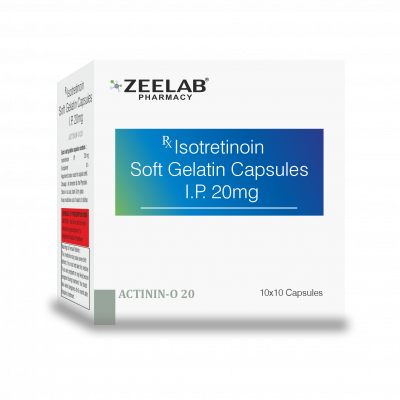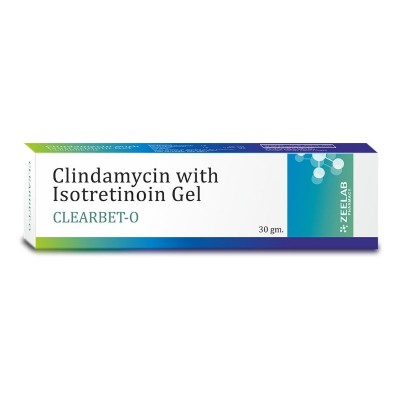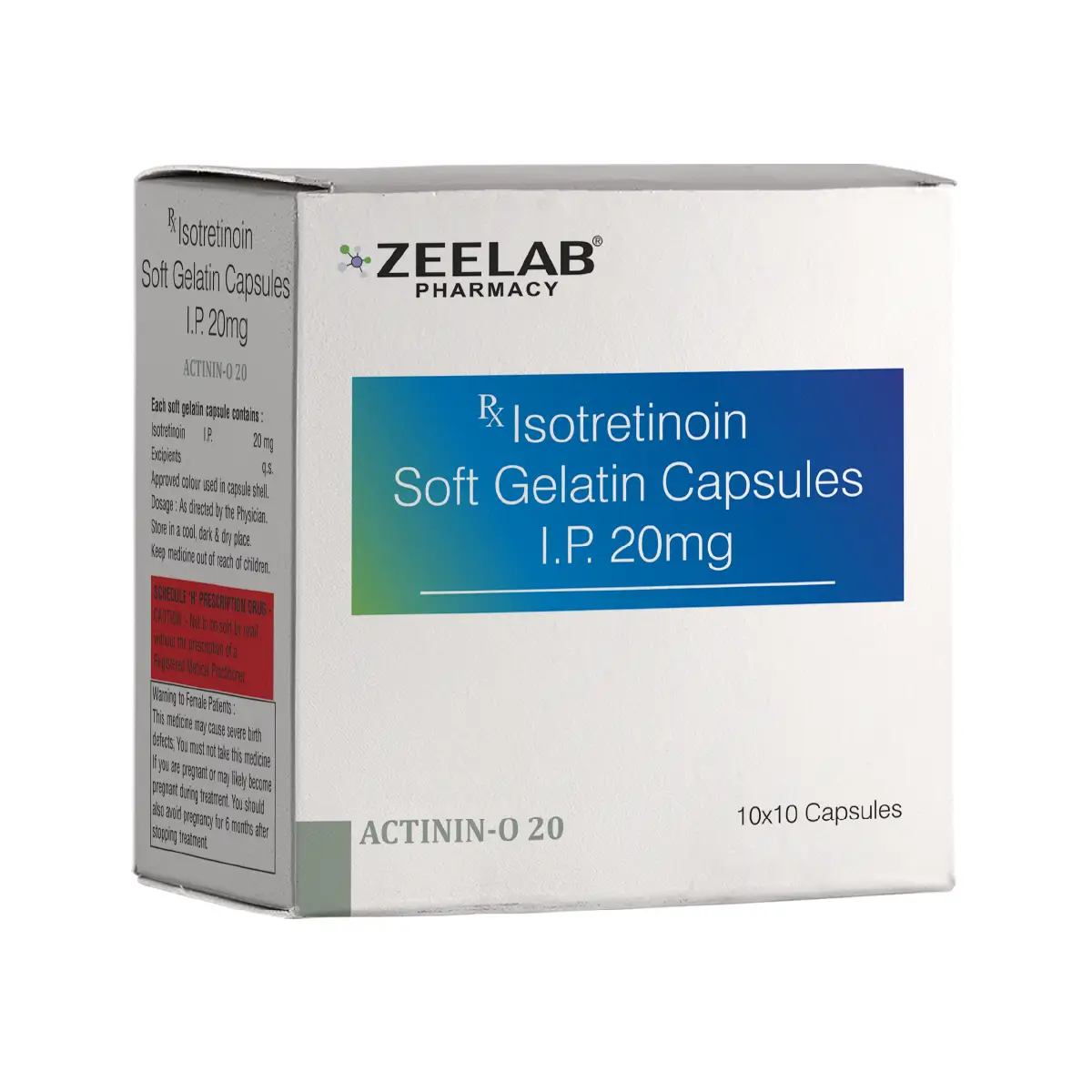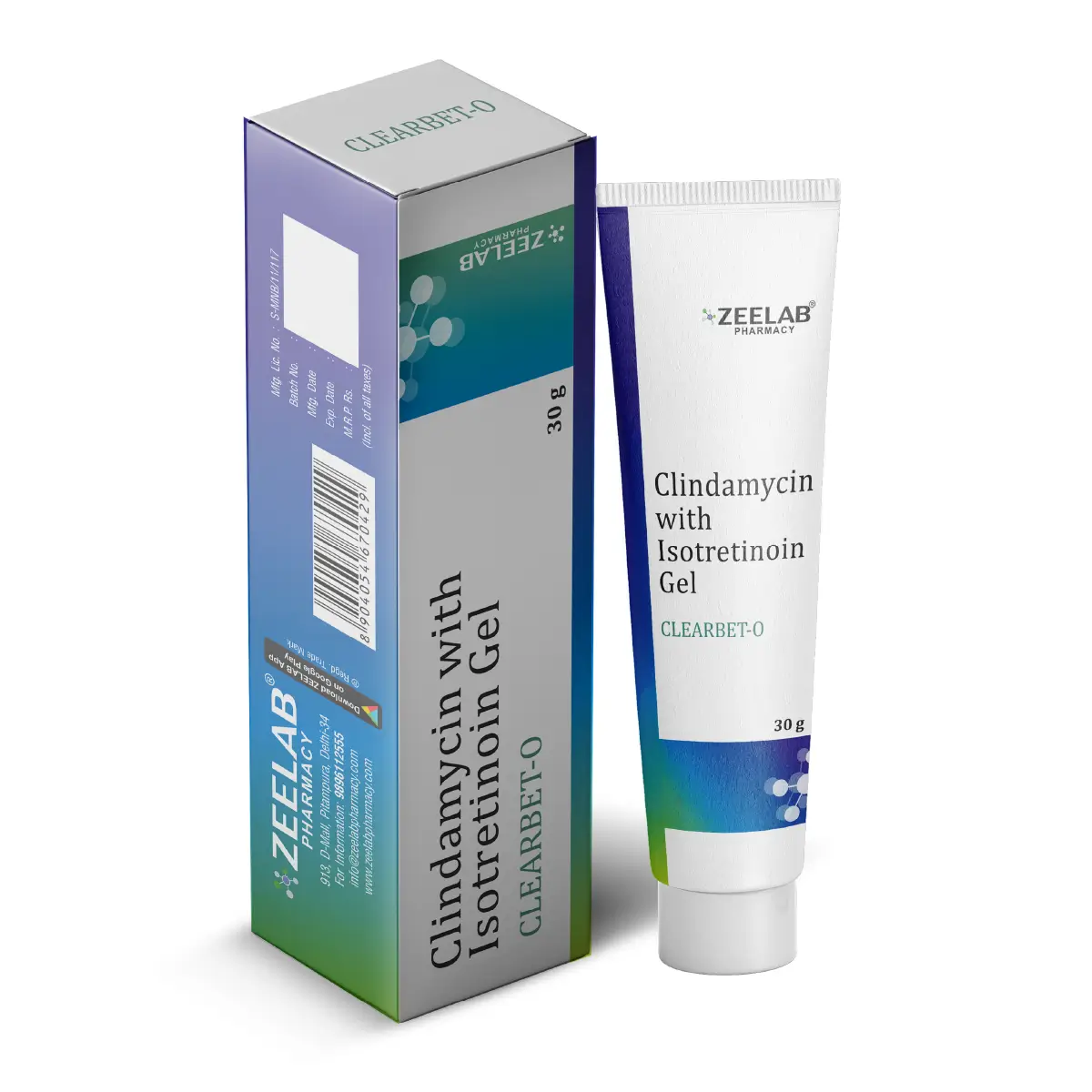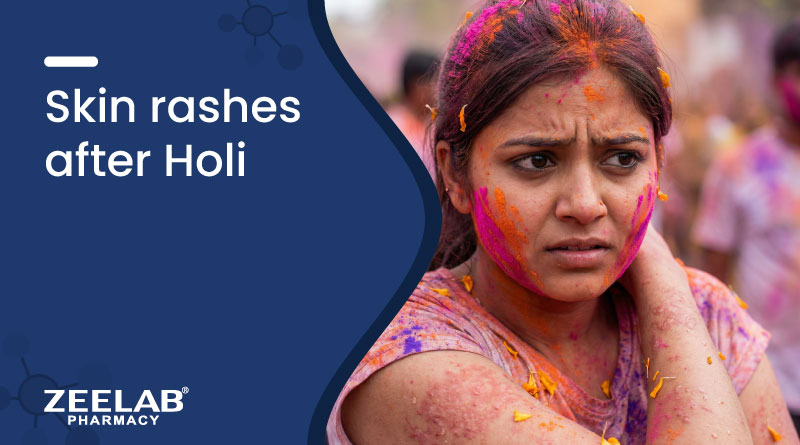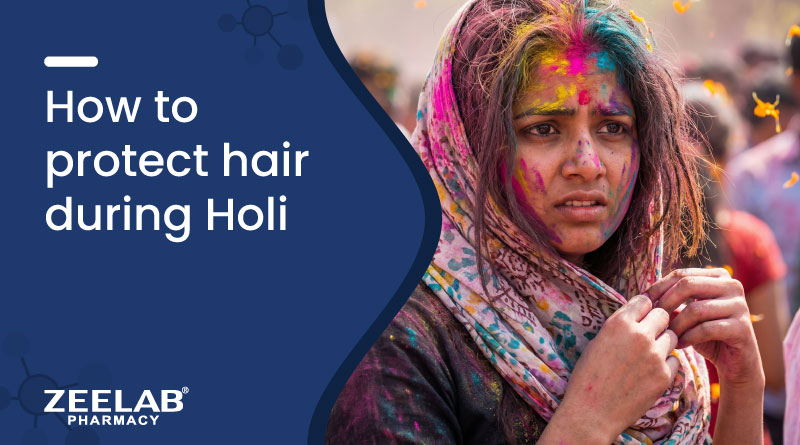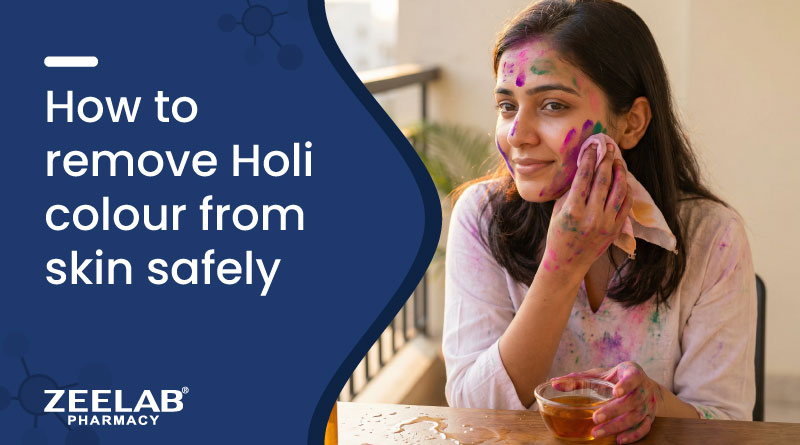Can Isotretinoin Be Used for Acne Treatment?
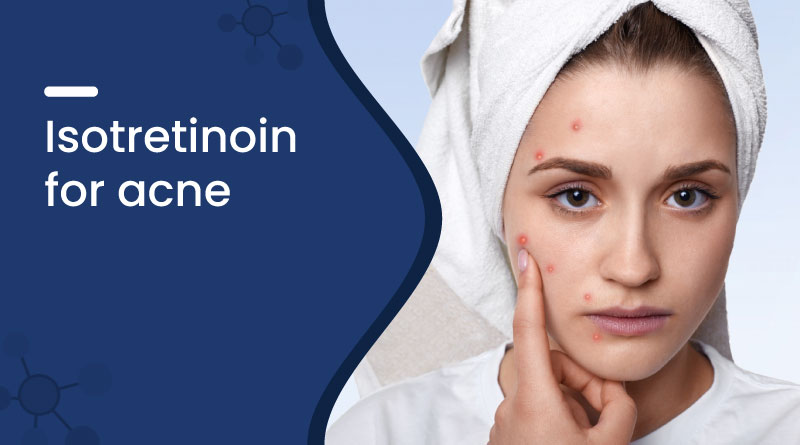

Isotretinoin is a powerful drug used to manage severe and persistent acne. It works by reducing excess oil production, preventing clogged pores, and controlling inflammation. Known for its effectiveness in treating severe or resistant acne, isotretinoin works by addressing multiple causes of breakouts. In this blog, we’ll explore what isotretinoin is, how it works, its benefits, possible side effects, safety during pregnancy, and supportive lifestyle habits for acne care.
What is Isotretinoin?
Isotretinoin is a derivative of vitamin A and belongs to the class of medications called retinoids. It is usually prescribed for severe acne, nodular acne, or cases that do not respond to other treatments. It works systemically to reduce oil production, control bacteria, and improve skin turnover.
How Does Isotretinoin Work Against Acne?
- Reduces sebum production: Shrinks oil glands, making skin less oily.
- Keeps pores clear: Promotes faster shedding of dead skin cells.
- Controls bacteria: Lowers the growth of Cutibacterium acnes, the main acne-causing bacteria.
- Reduces inflammation: Minimizes redness and swelling, helping pimples heal faster.
Benefits of Isotretinoin for Severe Acne
- Effective in treating severe, nodular, or cystic acne.
- Helps reduce the recurrence of stubborn acne.
- Improves overall skin texture and appearance.
- Decreases the risk of acne scars by controlling deep breakouts.
- Provides long-term results, even after completing treatment.
Isotretinoin For Acne Treatment
Actinin O 20 Capsule – ₹36
Composition: Isotretinoin 20 mg
- Prescription oral medicine for severe, stubborn, or cystic acne
- Reduces oil production in the skin
- Helps treat severe, cystic, or nodular acne
- Recommended when other acne treatments are ineffective
- Requires close dermatologist supervision for safe and effective use
Clearbet O Anti Acne Gel (30 gm) – ₹75
Composition: Clindamycin 1% w/w + Isotretinoin 0.05% w/w
- Reduces pimples, blackheads, and whiteheads
- Controls bacterial growth to prevent infection
- Clears clogged pores and improves overall skin texture
- Supports smoother and healthier skin appearance
- Apply as directed by a doctor for best results
Isotretinoin and Pregnancy: Important Warning
Using isotretinoin during pregnancy can result in serious birth defects and is strictly prohibited. Women of childbearing age must follow strict pregnancy prevention measures while on isotretinoin. A doctor’s prescription, regular monitoring, and contraceptive use are essential before and during treatment.
Possible Side Effects of Isotretinoin
- Dryness of lips, skin, and eyes.
- Nosebleeds due to dry nasal passages.
- Increased sensitivity to sunlight.
- Temporary flare-up of acne at the beginning.
- Rare but serious effects like liver issues or mood changes (must be monitored by a doctor).
Foods and Habits to Support Acne Treatment
- Maintain a balanced diet with fruits, vegetables, whole grains, and lean proteins.
- Stay hydrated: Drinking water supports skin health.
- Limit oily and high-sugar foods: They may worsen breakouts.
- Guard your skin against sun exposure with a suitable acne-friendly sunscreen.
- Avoid picking pimples: Prevents scarring and infection.
- Follow the dermatologist’s advice consistently.
Alternative Treatments for Acne
- Topical therapies: Use retinoids, benzoyl peroxide, and salicylic acid for acne care.
- Oral antibiotics: May include Clindamycin, doxycycline, or tetracycline (under medical advice). Read more.
- Hormonal therapy: Birth control pills or anti-androgens for women.
- Procedures: Chemical peels, laser therapy, and microneedling for scars.
Conclusion
Isotretinoin is a highly effective option for treating severe and stubborn acne, offering long-term improvement and reduced risk of scarring. Pairing treatment with acne-friendly foods like vegetables, fruits, and whole grains, along with proper skincare and dermatologist guidance, can help manage breakouts more effectively and support healthier, clearer skin. Read more.
Frequently Asked Questions (FAQs)
Q. How does isotretinoin work for acne?
A. Isotretinoin works by shrinking oil glands, preventing clogged pores, controlling Cutibacterium acnes bacteria, and reducing inflammation, addressing the root causes of severe and stubborn acne.
Q. Can isotretinoin cause side effects?
A. Yes, isotretinoin may cause dry lips, skin, and eyes, nosebleeds, increased sun sensitivity, temporary acne flare-ups, or rare liver and mood-related issues, requiring medical supervision.
Q. How does isotretinoin improve skin appearance?
A. Isotretinoin reduces oiliness, clears clogged pores, and calms inflamed pimples, resulting in fewer breakouts, smoother texture, and a more even-toned complexion over time.
Q. Is isotretinoin helpful for stubborn acne?
A. Absolutely, isotretinoin is particularly effective for acne that does not respond to topical treatments or antibiotics, targeting multiple causes to provide clearer, healthier skin.
Q. Can I take isotretinoin during pregnancy?
A. No, isotretinoin is very teratogenic and may lead to serious birth defects. Women must avoid pregnancy during treatment and follow strict contraceptive measures and regular medical monitoring.
Clindamycin (1% w/w) + Isotretinoin (0.05% w/w) Gel
30 gm in 1 tube
Recent Blogs
Disclaimer : Zeelab Pharmacy provides health information for knowledge only. Do not self-medicate. Always consult a qualified doctor before starting, stopping, or changing any medicine or treatment.
Related Products
Need Medicines Quick?
Share location to check quick delivery serviceability.
Change Location
Location Access Needed
Your location appears to be blocked or disabled.
Please enable the location from your browser or
device settings.

₹ 0
0
Items added
Quick Links
Categories
Our Policies
2026 Copyright By © Zeelab Pharmacy Private Limited. All Rights Reserved
Our Payment Partners

 Added!
Added!
|
|

